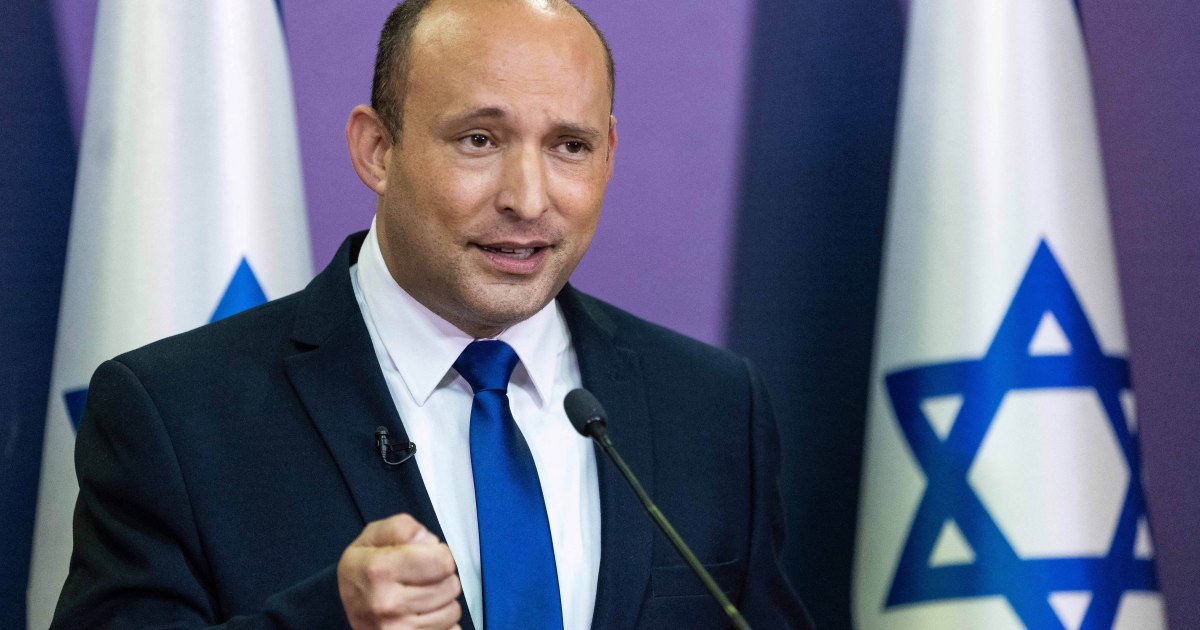Make a difference, Naftali Bennett
PM Bennett may have his work cut out, the reality is that the

Naftali Bennett
Newly elected Prime Minister of Israel Naftali Bennett has lost no time in forming a government following his razor-thin victory as the head of a coalition of parties over former prime minister Benjamin Netanyahu’s Likud party and its partners at the recent parliamentary elections held in Israel.
In many ways, the exit of Netanyahu who has been in power for 12 unbroken years, marks the end of an era in Israeli politics and Israelis the world will expect that having gone through the roller coaster of four elections within the past one year and the accompanying anxieties, the new Israeli government will settle down to tackling the lingering issues of the country and the region.
Coming from the same right-wing of Israeli politics as Netanyahu, Prime Minister Bennett might be tempted to want to continue the same hard-line policies of his predecessor, especially on the intractable Palestinian question. But that would be a mistake because this election more than anything else was more about the Israeli people being tired of Netanyahu and his iron fist policies and the fact that they just wanted to be rid of him one way or the other.
Although on the Palestinian issue, PM Bennett may have his work cut out, the reality is that the world has gotten weary of Israel’s intransigence. If there was any doubt about that, the recent conflict which pitched the Israeli Defence Forces (IDF) against forces of the Palestinian Hamas organisation in Gaza horrified and outraged the world against Israel. From the images of the massive loss of lives running to about 300 and destruction of infrastructure from the relentless bombings of defenceless Palestinians, the world is no longer convinced that Israel, a nuclear power and one of the world’s most powerful states, is at the mercy of the Palestinians.
PM Bennett will do well to realise that the only path to security and peace for Israel is to engage constructively with the Palestinians and Israel’s neighbours for a comprehensive peace in the region. The crisis has lasted for far too long and it is time to end it.
The first necessary step in this direction is for the Israeli government to stop the seizure and occupation of Palestinian land, thereby rendering them refugees in their land.
The second step is for Israel to come to terms with the two-state resolution of the United Nations – Israel and Palestine.
We believe that the United States of America if it can shed its partisan support for Israel, alongside its main allies like Britain, France and Germany, can play a significant role to help the process.
And just as it is with the Palestinians, the world also expects a significant gesture of compromise from the new Israeli government to open the way for genuine discussions on a comprehensive peace in the Middle East, encompassing Iranian nuclear ambitions and Israel’s concerns for its peace and security.
We note that this is not asking too much of the new Israeli government as under the Likud government of Menachem Begin, such was undertaken leading to the Camp David Peace Accord in 1977 with Egypt and subsequently Jordan. Similarly, under the Labour Government of Yitzhak Rabin, Israel and the Palestinian Liberation Organisation led by the late Yasser Arafat fashioned out a peace agreement in Oslo, Norway, which would have led to a genuine path to lasting peace between Israel and the Palestinians as well as the Arab world had it been implemented.
While wishing him well in his new role as Prime Minister of Israel, we can only hope that he brings with him a touch both of realism and pragmatism in dealing with the issues before him. The world looks up to him to make a difference and expects nothing less.
